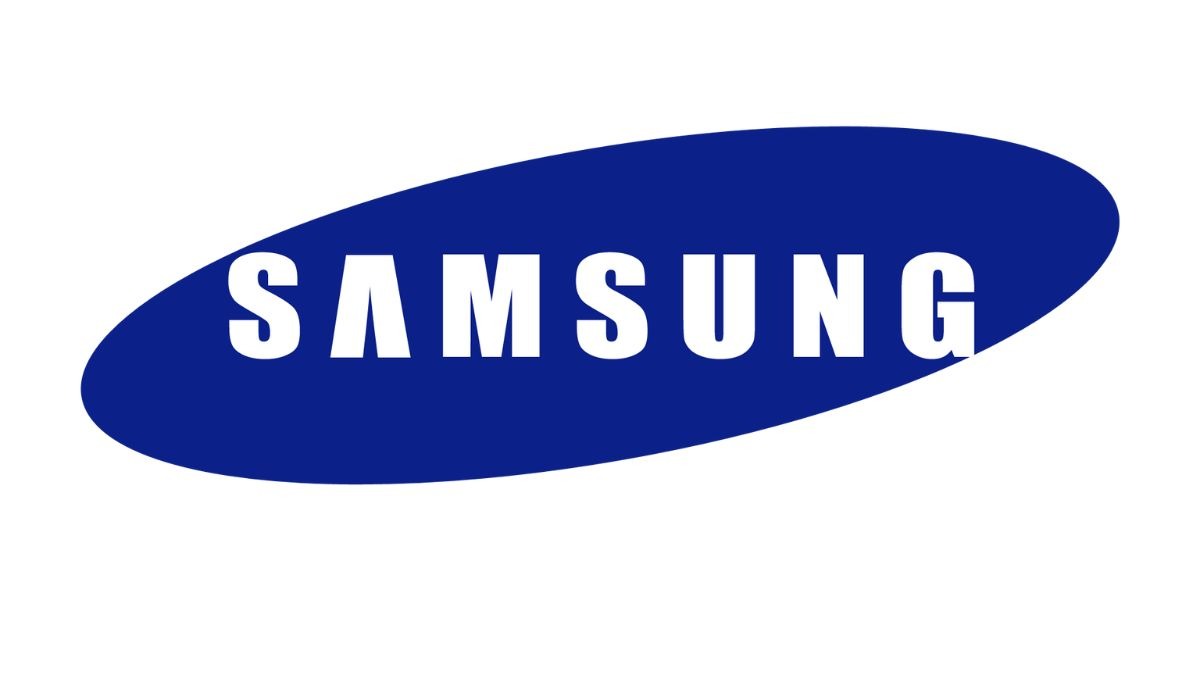PARIS — Samsung is tailoring its Galaxy AI features specifically for the Chinese market as part of a strategy to regain its lost market share, according to the company’s mobile chief. TM Roh, head of Samsung’s mobile business, discussed this new approach during an interview with CNBC.
Samsung launched Galaxy AI with its S24 smartphone series this year, aiming to attract consumers to its premium handsets through advanced artificial intelligence capabilities. On Wednesday, Samsung introduced two new foldable smartphones featuring enhanced AI functions as part of its ongoing effort to strengthen its position in the market.
Despite being the world’s largest smartphone market, China has proven challenging for Samsung, with its market share currently under 1% due to strong competition from local players like Huawei. Samsung has struggled to revamp its strategy in China over the past few years, but the company is now betting on AI to provide the competitive edge needed to win over Chinese consumers.
“We are especially developing and we are going to especially develop our Galaxy AI capabilities for that market,” TM Roh stated, emphasizing that the goal is to create AI features tailored to the preferences and needs of Chinese users. “I believe by making efforts to create mobile AI for China, mobile AI that can satisfy that will be wanted by the Chinese consumers, by advancing this technology that will contribute to the recovery we’re going to have in the Chinese market.”
While Roh did not provide specific details about what Galaxy AI in China will entail, he highlighted the importance of collaborating with local tech and internet companies. One such example is the integration of Baidu’s Ernie chatbot into Samsung’s Galaxy S24 smartphones, marking a partnership between the two firms.
The development and deployment of AI in China come with unique challenges due to stringent regulations and government control over the internet landscape. Consequently, foreign companies, including Samsung, must partner with local firms to navigate these complexities.
Apple, which introduced its Apple Intelligence AI suite this year, has yet to announce a launch date for these features in China, likely facing similar regulatory hurdles as Samsung.
Francisco Jeronimo, vice president for devices research for Europe, the Middle East, and Africa at IDC, expressed skepticism about the impact of Samsung’s AI features on its market performance in China. He pointed out that brand awareness of Samsung is low in China and local companies are also rolling out competitive AI applications.
“We all know that China is a leading market and country in AI. What can Samsung bring to the market is so unique for Chinese consumers to chuck away their Huawei, Xiaomi and Honor smartphones and buy a Samsung?” Jeronimo questioned.
Roh acknowledged that competition in China’s smartphone market is “more heated than anywhere else.” Samsung’s strategy involves focusing on premium devices and expanding its distribution and retail sales channels to gain a foothold.
“Currently, although piecemeal, but we are making progress step by step, we are putting together our efforts to create the products and features that will be wanted by the consumers and that can satisfy the consumers out there,” Roh concluded.


